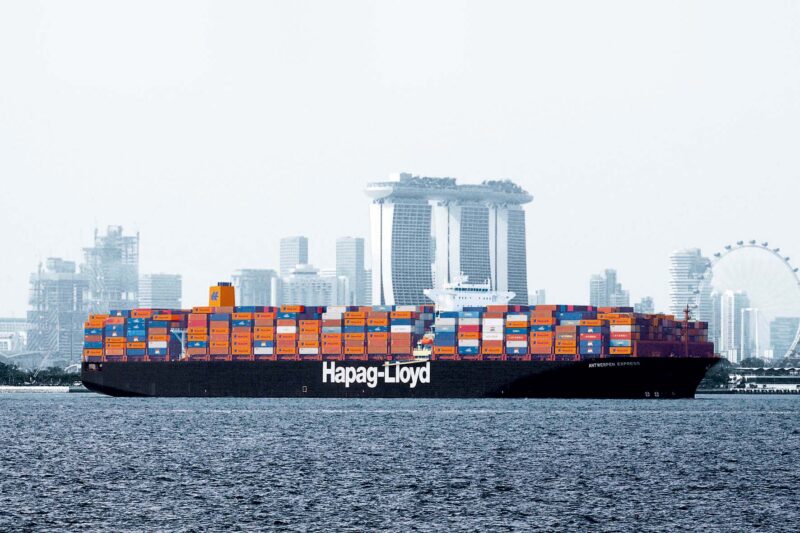-
In June of this year, global liner schedule reliability dropped by -1.2 percentage points month-on-month to 54.4%
-
This is keeping in line with the trends seen so far in 2024, where global schedule reliability has largely been within 50%-55%
-
On a year-on-year level, schedule reliability in June of 2024 was -9.8 percentage points lower than in the same month in 2023
In June of this year, global liner schedule reliability dropped by -1.2 percentage points month-on-month to 54.4%.
So says the latest issue of the Global Liner Performance report, published by Sea-Intelligence.
In a press statement, the report said this “is keeping in line with the trends seen so far in 2024, where global schedule reliability has largely been within 50%-55%.”
On a year-on-year level, however, schedule reliability in June of 2024 was -9.8 percentage points lower than that of June 2023.
The report also said that “the average delay for late vessel arrivals also deteriorated, increasing by 0.04 days M/M (month-on-month) to 5.19 days.”
This is the third highest figure for June, surpassed only by the pandemic highs of 2021-2022. On a year-on-year level, the June 2024 figure was 0.82 days higher.
Among the top 13 carriers, Hapag-Lloyd was the most reliable for the month, with a scheduled reliability of 55.4%. The report said there were nine carriers above the 50% mark, with the other three carriers in the 40% to 50% range.
ZIM was the least reliable carrier with a schedule reliability of 44.4%.
Of the top 13 carriers, seven recorded a month-on-month improvement in schedule reliability, with Yang Ming having the highest improvement of 6.1 percentage points.
On a year-on-year level, only HMM and Yang Ming had an increase in schedule reliability, while MSC showed the largest decline of -18.5 percentage points.
The report covers schedule reliability across 34 different trade lanes and more than 60 carriers.









